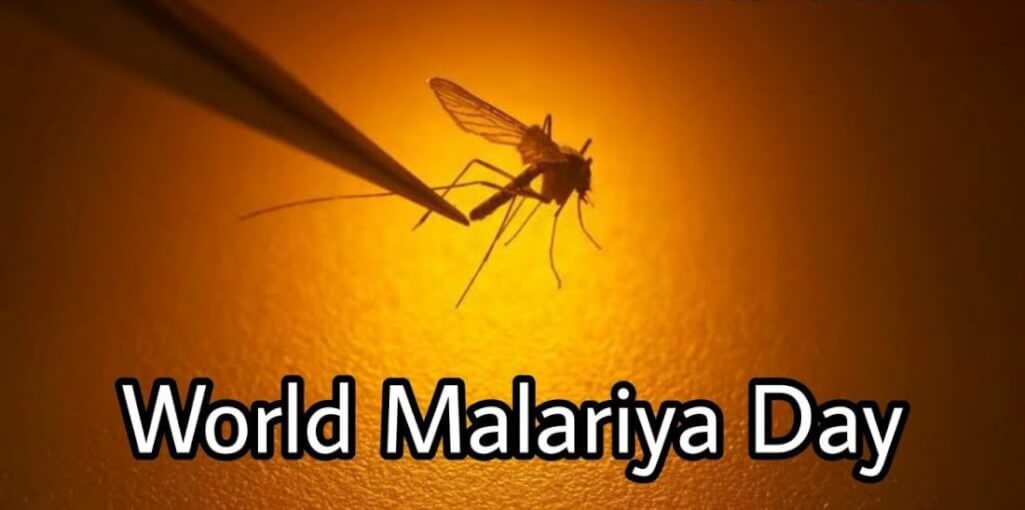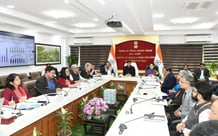“Malaria kills the unknown in our society, the quiet people who are building the nation. There are so many people dying in the villages, but nobody will talk about the people”-Dr. Joseph Epodoi. Malaria, one of our oldest enemies in Africa, is a life-threatening disease transmitted by the female anopheles mosquito. Half the world still lives at risk of this disease and more painful is the fact that Malaria can be prevented and cured, yet a child’s life is lost to Malaria every two minutes.
What should you know about Malaria?
Malaria is caused by the various species of the Plasmodium parasite and Plasmodium falciparum is the commonest. It is neither a bacteria nor a virus and is transmitted by a female anopheles mosquito.
Symptoms of malaria include headache, fever, chills, muscle pain, body aches, confusion, drowsiness, and delirium. Malaria can be tested for using microscopy or Rapid Detection Tests (RDTs). Children under five and pregnant women are more vulnerable. Malaria can be prevented and cured; the recommended first line of treatment is an Artemisinin-based Combination therapy.
How is it transmitted?
Malaria is transmitted through the bites of infected female anopheles mosquitoes. These mosquitoes lay their eggs in water, particularly stagnant water, the eggs hatch into larvae and the larvae develop into an adult mosquito. Transmission depends on the climate of the area, for instance, during rainy seasons; transmission rates are often higher than in dry season. It is also possible for malaria to be transmitted from patient to another patient via organ transplant, blood transfusion, or shared needles contaminated with blood. Female Anopheles mosquitoes do not create the parasites themselves, they become infected first by biting someone who already has the parasite, then biting an uninfected person.
How can it be prevented?
According to the World Health Organization, Malaria can be prevented by avoiding bites of mosquitoes and this is possible by using the insecticide-treated net. Insecticide-treated nets are a very effective way of preventing mosquito bites and because most mosquito bites occur at night, it is advisable to sleep under these nets particularly if your community is infested with a high population of mosquitoes. There are certain instructions to be followed when using a new insecticide-treated net to prevent local irritation on the face, eyes, and skin. There are a lot of communities that can not afford these nets and this is a call for the government to improve health coverage in these areas by providing nets and a call for private stakeholders and non-governmental organizations to improve support and activities in curbing the disease. Another way to prevent malaria is by spraying residual insecticides indoors. Other methods include the use of mosquito repellent creams, the use of mosquito coils, and the wearing of cover clothing.
Is there any vaccine for Malaria?
There is only one vaccine that has shown effectiveness in reducing malaria in young African children. The World Health Organization, in conjunction with other ministries, are co-ordinating the malaria vaccine implementation program.
What then is your role?
In the fight against Malaria in the past two decades, more than 7 million lives have been saved and 1 billion malaria cases prevented.
This is really a great achievement but there is still work to be done, even more particularly in this pandemic as health resources are stretched thin to cater to the COVID-19 cases, nevertheless, COVID-19 does not stop malaria from affecting people. There is a need for the government and relevant stakeholders to ensure that necessary resources for continual mitigation of malaria are provided if we do not want to reverse all the progress we have made over the years. As evident from this pandemic, there is a need for a more robust health system and inclusive healthcare for all.
As an individual, take steps to prevent malaria in your home, neighborhood, or community. Ensure you complete your antimalarial drugs when prescribed; use insecticide-treated nets, sweep away all stagnant water, and create awareness on malaria transmission, prevention, and treatment in your community because Zero malaria starts with you! And don’t forget the sage advice: Stay safe, wash your hands, avoid contact with sick people, and use an alcohol-based sanitizer. Happy World Malaria day!















Comments are closed.